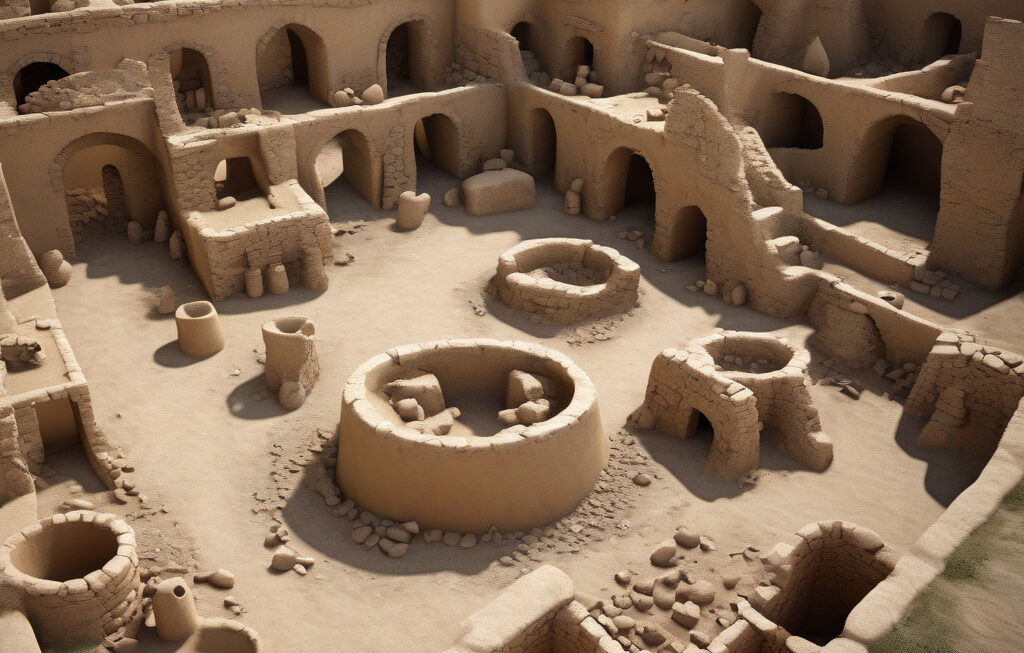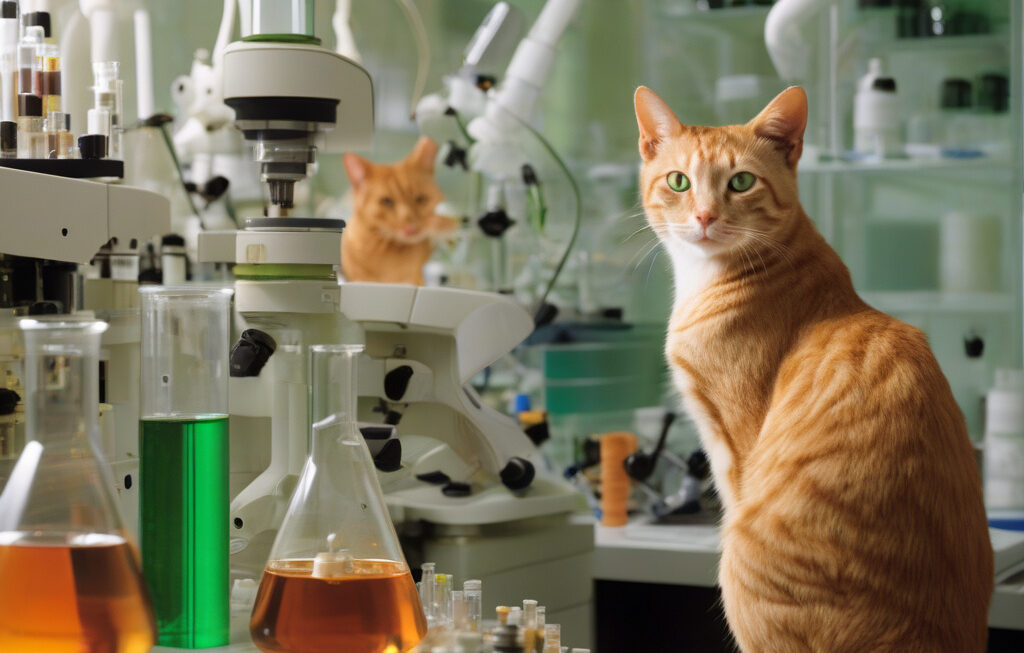Religious Sacrifice Possibly Led to Cat Domestication in Egypt 3,000 Years Ago
Two new studies have uncovered the true origins of cat domestication, revealing that this beloved and enigmatic creature may have had a unique path to becoming humanity’s companion. While cats are now a staple in many households around the world, their journey from fierce predators to cuddly pets has long puzzled researchers. The latest findings suggest that religious sacrifice may have played a crucial role in the domestication of cats in ancient Egypt around 3,000 years ago.
According to the studies, which were published in the journal “Nature Ecology & Evolution,” the practice of mummifying cats and offering them as sacrifices to the gods was widespread in ancient Egypt. Cats were revered for their hunting abilities and association with the goddess Bastet, who was depicted with the head of a lioness or a domestic cat. The act of sacrificing and mummifying cats was seen as a way to honor Bastet and ensure her favor and protection.
Researchers believe that this close association between cats and religious practices may have led to their domestication. As cats became more closely intertwined with human society through these sacrificial rituals, they gradually transitioned from wild predators to domesticated companions. Over time, cats were valued not only for their hunting skills but also for their companionship and role in religious ceremonies.
The studies also shed light on the genetic changes that accompanied cat domestication. By analyzing ancient DNA samples from mummified cats, researchers were able to trace the evolutionary history of domestic cats back to ancient Egypt. They found that the genetic signatures of these ancient cats closely resembled those of modern domestic cats, indicating a direct link between the two populations.
These findings challenge previous theories that suggested cats were domesticated for their pest control abilities or as symbols of status and wealth. Instead, the research suggests that religious practices and beliefs played a significant role in shaping the unique bond between cats and humans.
Today, cats continue to hold a special place in many cultures around the world. From their portrayal in ancient Egyptian art to their ubiquitous presence on social media, cats have captured the hearts of millions. The latest studies provide a fascinating glimpse into the origins of this enduring relationship and highlight the profound impact that religious beliefs may have had on the domestication of one of the world’s most popular pets.
As we marvel at our feline companions lounging in the sun or chasing after toys, it’s worth remembering the ancient origins of this special bond. The legacy of religious sacrifice in ancient Egypt may still be seen in the playful antics and independent spirit of our modern-day cats, serving as a reminder of the deep connections between humans, animals, and the spiritual world.
In conclusion, the discovery that religious sacrifice may have played a key role in the domestication of cats offers a new perspective on the origins of this cherished animal. By unraveling the mysteries of the past, researchers are paving the way for a better understanding of our relationship with these enigmatic creatures and the cultural practices that have shaped their evolution.
cat domestication, ancient Egypt, religious sacrifice, genetic evolution, companion animals












